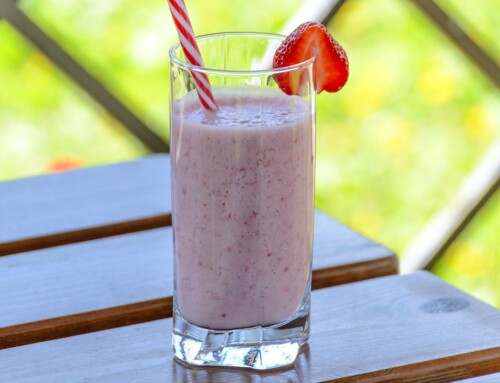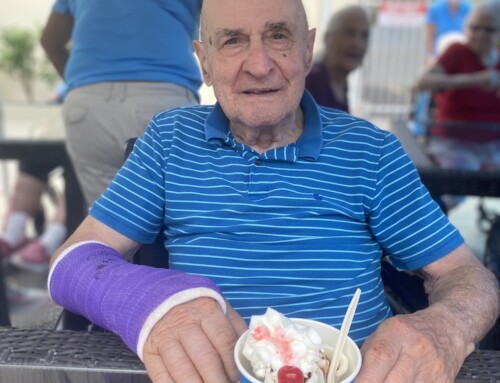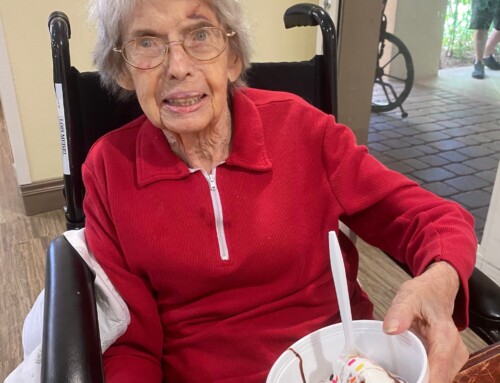Have you or a senior loved one ever felt like chronic pain is just an inevitable part of aging that you’ll have to live with? It’s a common belief, but the truth is, pain isn’t a mandatory part of the journey through our golden years. Managing chronic pain can significantly affect quality of life for many seniors, yet it’s not an insurmountable challenge. Today, we want to shed light on strategies that can effectively manage and alleviate chronic pain, ensuring that older adults can enjoy their day-to-day lives without being held back by discomfort.

How Pain Affects Seniors
Chronic pain among seniors is a pervasive issue that often goes under-recognized. It can stem from any of the various conditions that affect seniors at a higher rate than the rest of the population, including arthritis, osteoporosis, and lingering effects from past injuries or surgeries. Chronic pain is often thought of as just physical discomfort, but it also impacts mental health and overall quality of life. When your thoughts are constantly consumed by the pain you are experiencing, it can put a toll on your mood, behavior, and happiness. Seniors might find themselves withdrawing from activities they love due to hardships stemming from chronic pain, leading to isolation and depression. These feelings tend to be more dramatic when seniors live alone at home as opposed to within an assisted living community with other seniors.
Compared to younger members of the population, chronic pain can be hard to diagnose and address. Age-related changes can alter pain perception, making it harder for healthcare providers to pinpoint the pain’s intensity or source. Moreover, seniors often have multiple health conditions, complicating the identification of the primary pain cause and the selection of safe treatment options.
Managing Chronic Pain Effectively
For seniors interested in new strategies to manage their chronic pain, a multifaceted approach is often the best way to achieve the desired outcomes. Always remember to consult with your doctor before making drastic changes to your diet or routine that can impact your health.
Non-Pharmacological Approaches: Activities such as gentle exercise, yoga, and Tai Chi can improve mobility and reduce pain. Physical therapy can also help seniors work through exercises that strengthen muscles without overexertion. For pain relief, techniques like acupuncture and massage therapy also show promise.
Pharmacological Treatments: While many medications can help with pain management, you should only rely on medications if prescribed and monitored by a professional. If chronic pain is forcing you to self-medicate with standard pain medications purchasable at the pharmacy, you should seek a long-term solution to your pain instead.
Diet and Nutrition: Inflammation can exacerbate pain, so incorporating anti-inflammatory foods like fruits, vegetables, nuts, and fish high in healthy fats into your diet can be beneficial. Staying hydrated and maintaining a balanced diet also helps promote health generally, aiding in nearly all health goals.
At an assisted living facility, staff understand the significant impact chronic pain can have on the quality of life for seniors. With a compassionate approach, they’re committed to providing residents with comprehensive support in managing chronic pain effectively. Whether you need help with daily activities or assistance going to and from appointments, an assisted living facility might be the right choice for you to mitigate the issues caused by chronic pain.
If you are unsure about whether an assisted living facility is right for you, schedule a tour of our facility. You’ll learn more about how our fantastic team is here to help and answer any questions you may have. Contact A Banyan Residence today for more information.







